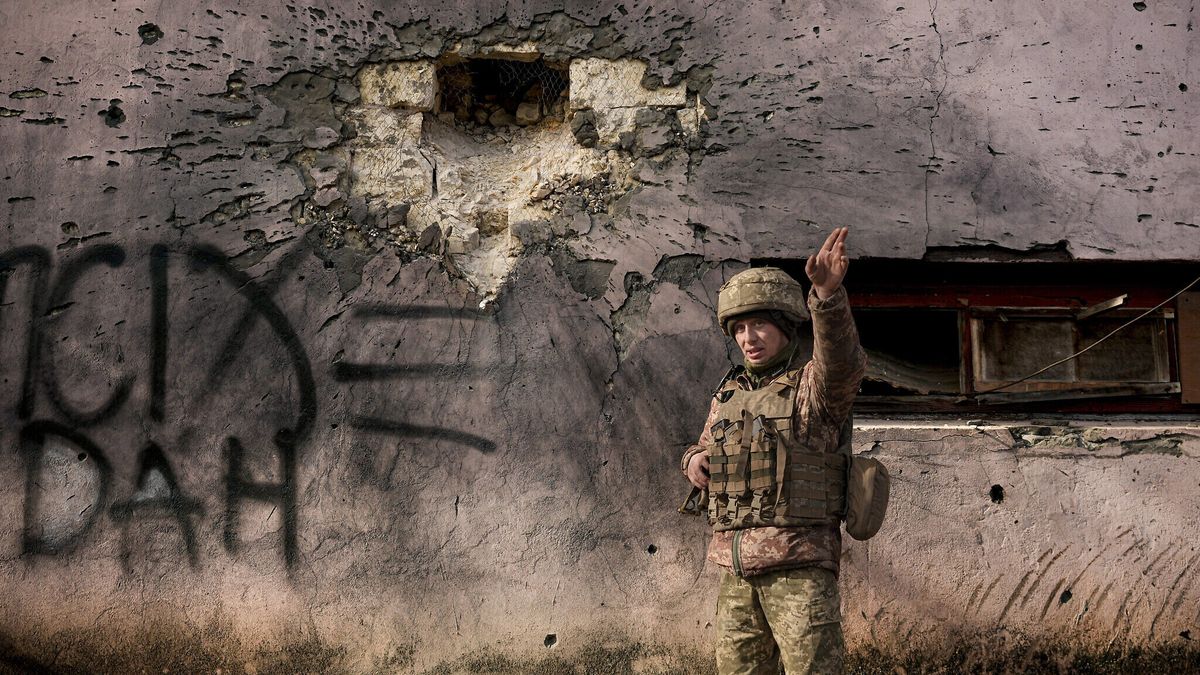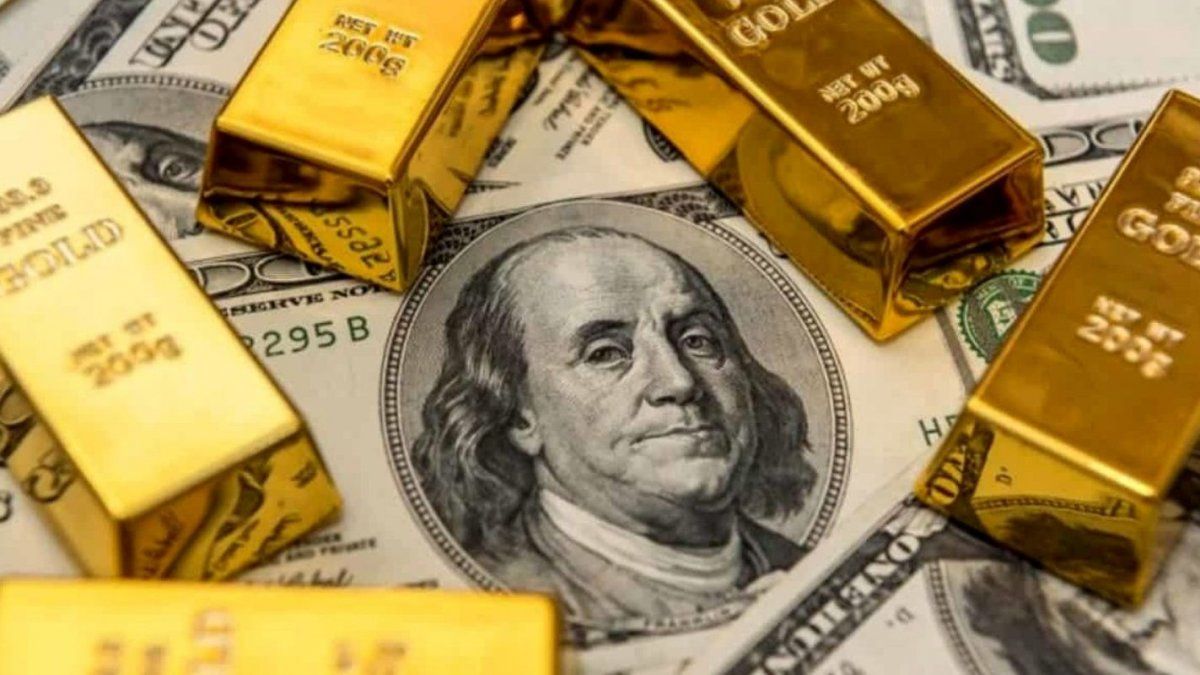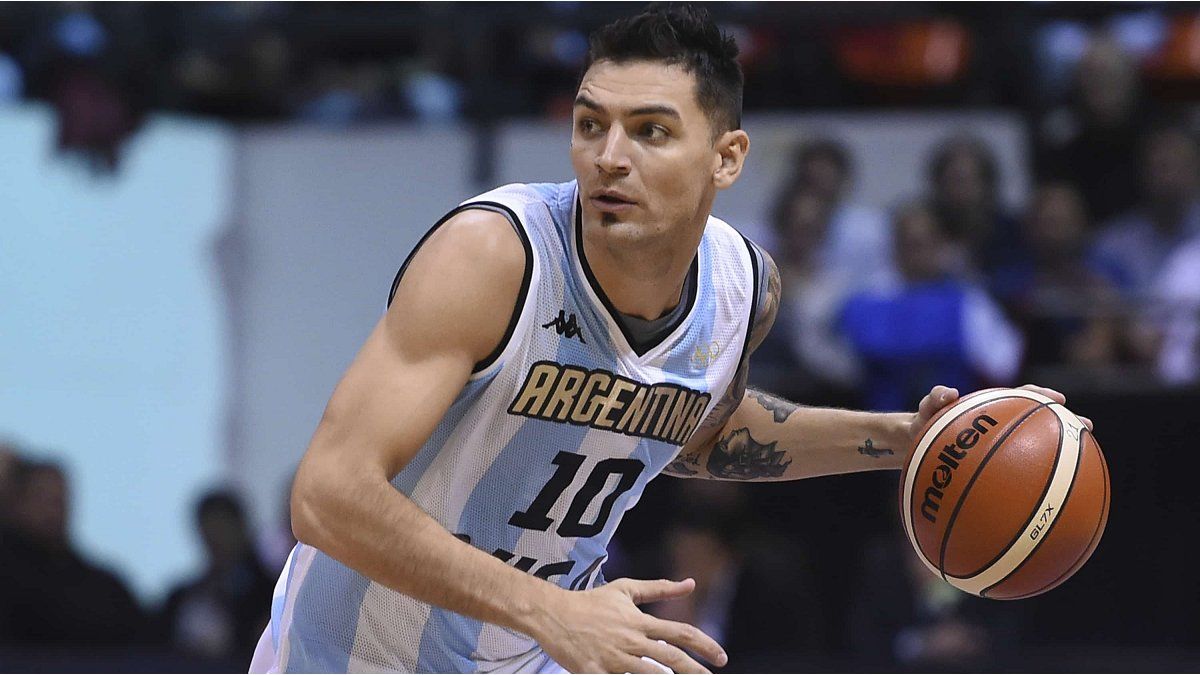How have relations between Russia and Ukraine been?
Ukraine proclaimed itself independent again when the Soviet Union, of which it was a member, fell in 1991. Although it declared itself a “neutral state”, it established a military association with Russia first and with NATO soon after. Since then, its relations with Russia have alternated between periods of friendship, tensions and hostilities.
How did hostility come about?
Relations exploded in the air in 2014 after the then government of Ukraine, close to Russia, was overthrown by a wave of protests and replaced by another anti-Russian and pro-Western one after its decision not to sign an association and free trade agreement with the European Union (EU) which had majority support in Parliament. The new government has relaunched plans to join NATO, something Russia sees as a threat.
What was the internal reaction to the change of government?
Ukraine’s regions with large Russian-speaking populations rejected the change of government, which they considered a coup, as did Russia.
The inhabitants of the Crimean Peninsula approved in a referendum to separate from Ukraine and join Russia, which later annexed the territory, where it has its Black Sea fleet and whose control provides it with the only way out of the Mediterranean Sea.
The inhabitants of two Russian-speaking provinces in eastern Ukraine, Donetsk and Lugansk, in imitation of Crimea, held independence referendums, an option that was approved. Converted into “People’s Republics”, they later asked for their incorporation into Russia, but Moscow did not accept it.
Russia, however, supported them politically, while denying accusations from Ukraine and the West that it also gave them weapons and sent them fighters.
Why can Russia recognize the independence of two provinces that are not on its territory, but in Ukraine?
Although the two provinces, Donetsk and Lugansk, located in the Donbass region, bordering Russia, remained in Ukrainian territory after the dissolution of the Soviet Union, they are home to a majority of the Russian-speaking population and have maintained a permanent relationship for eight years. confrontation with the Government of Kiev, responsible for not having complied with the Minsk Agreements.
When were those agreements signed?
The first was signed in 2014 with the sponsorship of Russia and Ukraine, plus France and Germany as guarantors, but it never got off the ground and actually led to a war between those two provinces and Ukraine.
For this reason, almost a year later, in February 2015, the same actors signed a second agreement that at least managed to put an end to the declared war, but not to the situation of tension. Given the lack of compliance with the agreement by Ukraine, the two self-proclaimed separatist republics armed themselves to confront the Ukrainian army, with financial and military support from Russia.
What did Ukraine not comply with in that agreement?
The president of Ukraine at the time, Petro Poroshenko, had to put into practice concrete measures established by the agreement, such as giving full autonomy to the two provinces so that they could freely choose their authorities and the release of political prisoners and the exchange of prisoners of war, but it collided with the intransigence of parliament and citizens: only 12% of Ukrainian men and women supported the agreement.
What happened after Ukraine did not comply with the Minsk Agreements?
A long period of constant military skirmishes began that caused at least 14,000 deaths on both sides with mixed accusations: the separatists protested actions by the Ukrainian State that they considered a criminal persecution, and the Kiev Government assured that the rebels’ fight covered up an intention of Russia wanting to dominate on its territory.
Has Russia now annexed those territories, as it did with the Crimean Peninsula in 2014?
No. On this occasion, what the Putin government did is recognize them as independent territories, a condition that extends to surfaces within them that are under the control of the Ukrainian Army.
What will Ukraine and its allies in the West do now?
The first thing they will do is apply economic sanctions to Russia, which will result in the prohibition of investments or commercial or financial operations by private Americans or Europeans from or within these pro-Russian regions.
For example, the German government announced today that it has halted the certification process for the Nord Stream 2 pipeline, built to transport gas from western Siberia to Lubmin in northeastern Germany. In this way, 26 million German households will not be able to access the fluid.
Will we have to wait for a military response that escalates into war?
Russia’s military is likely to make a formal entry into the territories soon, although Deputy Foreign Minister Andrei Rudenko said today that “for now” he has no intention of deploying troops to the two provinces, and when that happens, It will be necessary to see if it receives attacks from part of the Ukrainian military forces or if everything remains in relative peace, or if Moscow finally decides to invade Ukraine, which is the main suspicion that the Western powers have.
Source: Ambito
David William is a talented author who has made a name for himself in the world of writing. He is a professional author who writes on a wide range of topics, from general interest to opinion news. David is currently working as a writer at 24 hours worlds where he brings his unique perspective and in-depth research to his articles, making them both informative and engaging.




